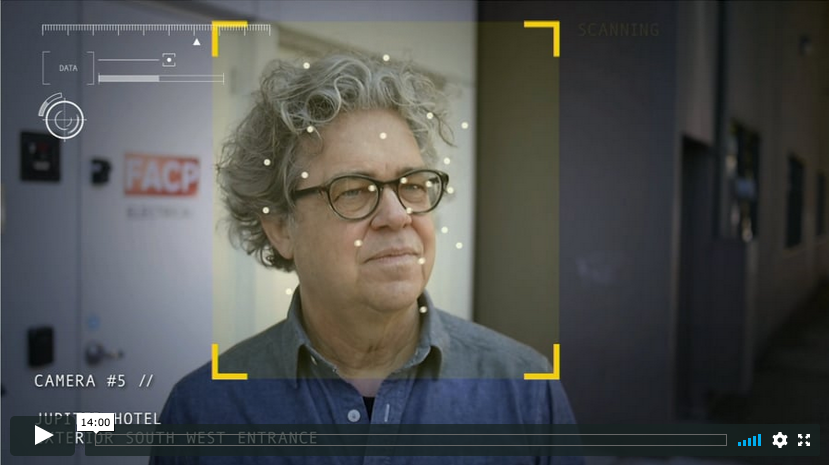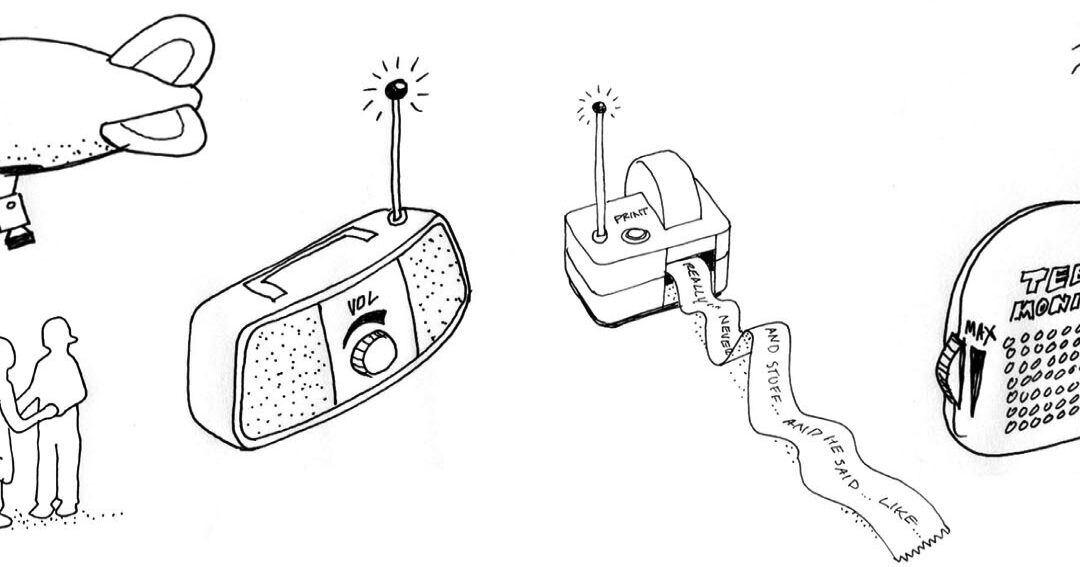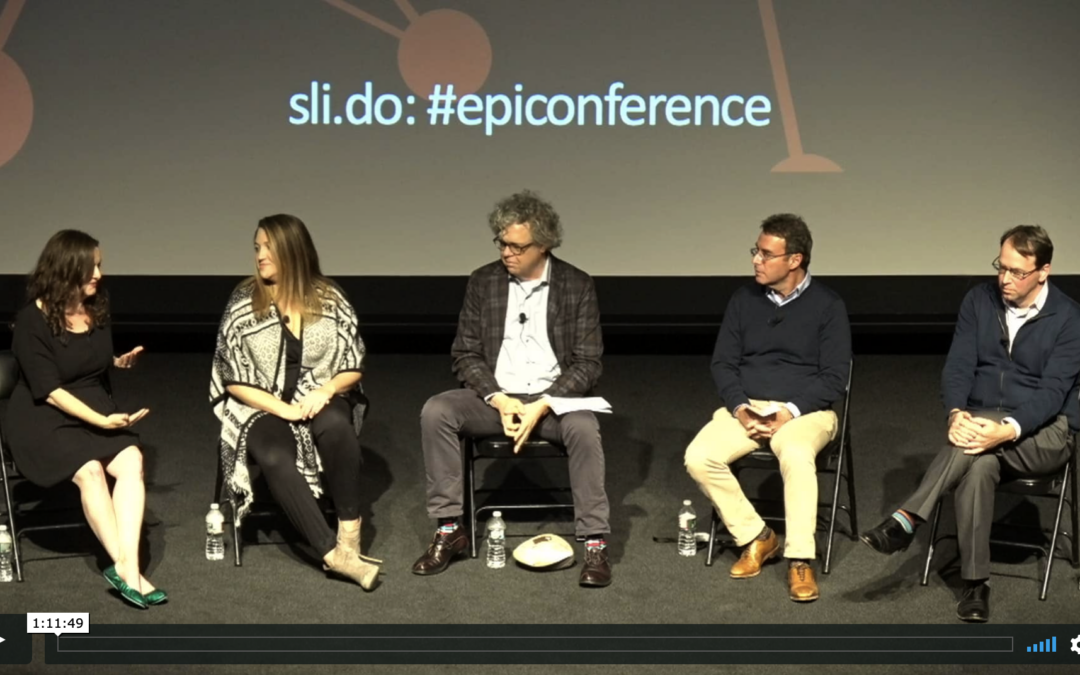This case study examines the use of iterative prototyping to raise concerns important to adolescents and...


This case study examines the use of iterative prototyping to raise concerns important to adolescents and...

With insights from original, multinational research and analysis of key social science studies, this paper...

This paper illustrates how the concept of “Human API” can help post-treatment cancer patients with challenges they face once they are released from the hospital. The results and implications of this semester long graduate project will help illuminate how the Human API through its various data...

This paper reports on the use and perceptions of deployed A.I. and recognition social-material assemblages in China and the USA. A kaleidoscope of “boutique” instantiations is presented to show how meanings are emerging around A.I. and recognition. A model is presented to highlight that not all...

This presentation delves into the speculated impact of AI-generated images on ethnographic practice. Navigating...

The aim of the research was to discover how teen girls use technology in relation to privacy practices in their everyday lives. Asking teenage girls to describe the worst technology they could imagine was a fruitful way of exploring their feelings towards location-awareness, tracking and...

We produce vast amounts of data in our daily lives. Email, text, search, check-in, photos, payments – all these activities create a trail of digital exhaust. This personal data has been triumphantly declared a “new asset class” by the WEF, compared to oil as the world’s newest economic resource,...

EPIC2019 Panel, Providence, Rhode Island Algorithmic systems are increasingly integrated into the physical and digital infrastructures of our lives. The borders of privacy are being pushed and redefined, provoking new debate about what privacy is. All corporations claim privacy is important, but...

PechaKucha—Our homes are becoming instrumented glass houses where even the most intimate and personal acts may leave data footprints that companies providing services (and potentially others) can access. As homes become instrumented with data-generating technologies, existing information...

Starting from their interactions within shared spaces and use of shared objects, to large social networks, the Indian society has developed a range of ways to incorporate subtle gestures and systems into their lives that neither forces them to share all their time and space with everyone,...